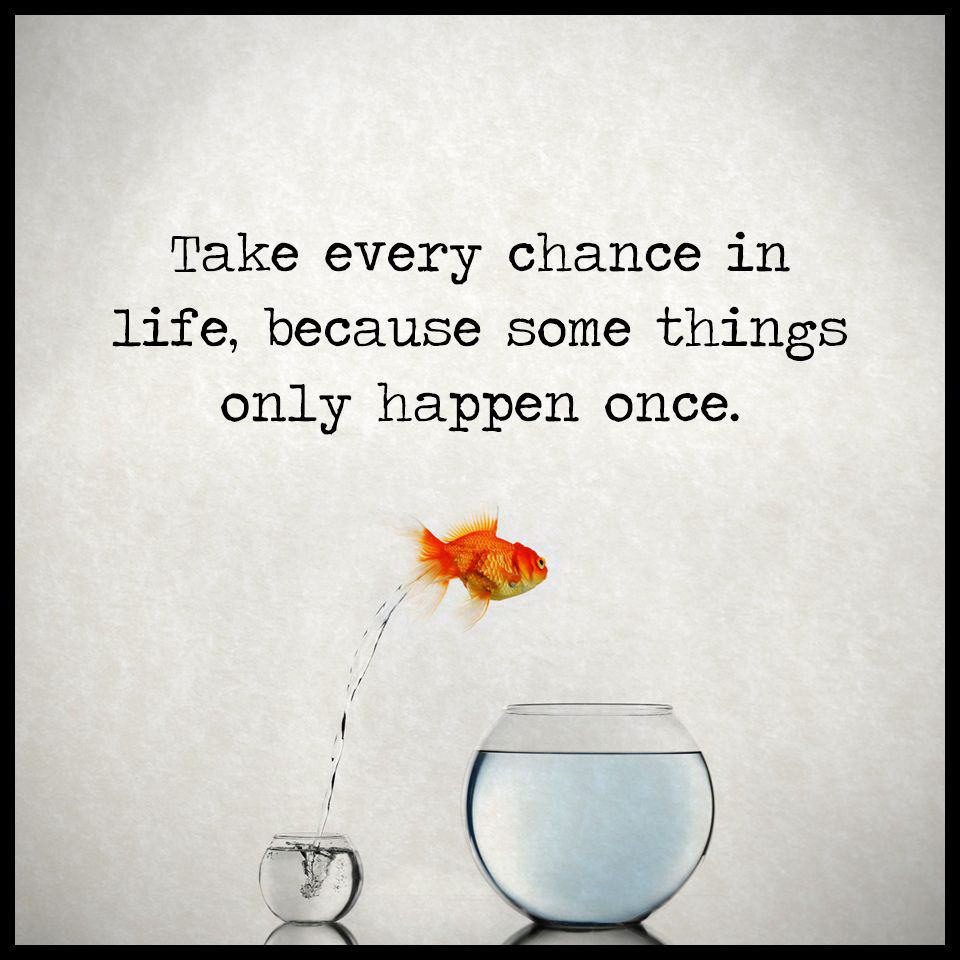Are you hoping to learn how to access your mind and harness its incredible power?
The brain is a mighty organ, capable of all sorts of amazing things. Sadly, most people will never get to reach the full potential of their minds, leaving a lot of that power to waste away and go untouched.
If you want to use all of your brain’s abilities, you need to know how to unlock those parts of it. Here’s how experts reveal 4 ways to access your mind’s incredible capabilities.
1. Lead Into Thought Productively
A lot of potential in the human brain goes unlocked because the brain naturally compares itself to what is common, not the very best that it can do. To change how the brain naturally begins to think of the world at bare-minimum or barely-above-minimum levels, you need to learn new ways of leading yourself into thought.
Essentially, if you don’t begin your thought process productively, you’ll wind up not being able to gain as much from your brain’s processing. Here are ways to unlock its capabilities more healthily by getting a better start, as explained by executive coach, neuroscientist, and author Dr. Robert Cooper:
 · Pause
· Pause
Your brain has a series of “default” settings that it immediately jumps into when confronted with a problem. You need to stop those settings from taking over before you get carried away with them. Before you allow yourself to react to difficulties, hurdles, opportunities, and challenges, intentionally take a pause. You just need a second of stopped time to dial back your brain and override it with some manual processing. Insert the delay and let yourself catch your bearings before moving forward.
· Be Curious First
In the practice of neuroscience, curiosity is actually something called the “need for cognition.” It refers to the desire to learn, know, and discover something in reaction to stimuli. Your curiosity is crucial in the adjustment of your brain, activating it to focus on learning over simply observing.
· Understand Why You’re Engaging Your Mind
It seems a little silly, but it will be hard to fully immerse yourself in a task without any purpose or meaning to your actions. Instead of thinking about extrinsic sources of motivation, like impressing your peers, think of intrinsic desire. What are your goals? What do you want to achieve? And why is an active, engaged mind so important for that purpose? Remember, life is about bettering yourself on your own terms and caring about your own opinions most. Keep your personal values and dreams in mind when you approach new, difficult, or fascinating situations and predicaments.
2. Seek New Experiences to Access Your Mind
Have you ever noticed that famous “geniuses” or inventive minds like Albert Einstein and Leonardo da Vinci were all skilled in many different life areas? That’s because part of unlocking your mind’s potential and capabilities is exercising all areas of it, including ones you previously didn’t bother sharpening.
Cognitive neuroscience and psychology researcher Andrea Kuszewski, who works with the VORTEX Research Institute and writes about these topics, says that geniuses always look for novel and new things to learn and try. It’s a part of who they are and what makes them so brilliant.
This is because the act of seeking new things allows your brain to form new synaptic connections that continue to build upon each other over time, creating even more connections and boosting neural power. This means your ability to learn gets stronger with each new thing you pick up. It’s called neural plasticity, and studies have found that this is one of the key signs of intelligence.
Here are some recommended ways to boost your neural plasticity through the regular learning of novel activities:
· Take A New Route To Familiar Places
Most days involve a semblance of routine that makes it hard to find novel experiences. But you can create new things for your brain to learn by opting to try using different roads and shortcuts to get to your usual destinations. The brain can gain a lot of power and reveal many of its capabilities from this kind of positive learning!
· Expand Your Vocabulary
Research states that many parts of the brain are involved in learning vocabulary, including auditory and visual processing centers. Try reading more complicated works of writing and keeping a log of words you aren’t familiar with. Each day, pick one of those words to try and use five times throughout the day!
· Learn A New Language
A step up from just broadening vocabulary, this practice can provide positive benefits to multiple different cognitive factors. Bilingual people often have better visual-spatial skills, improved memory, and increased creativity levels. It can also help with switching between tasks and delaying cognitive degeneration in old age.
· Pick Up A New Skill
There are countless options for new skills that you can learn. You can start small with skills closely related to ones you already know, or you can opt to really challenge yourself with something out of your comfort zone. Either way, you’ll be boosting memory and providing positive space for your brain’s potential to break free!
 3. Access Your Mind Through the Creative Process
3. Access Your Mind Through the Creative Process
Creativity does not necessarily refer to doing tasks related to the arts. Instead, it refers to creative cognition and creative thinking. But what, exactly, is creative cognition? Simply put, it is a form of divergent thinking that involves making associations between ideas, using cognitive flexibility to bounce between conventional and unconventional thinking forms. This also means using both sides of your brain at once.
According to Psychology of Abilities, Competencies, and Expertise Center founder Dr. Robert Sternberg, who works in research relating to maximizing intelligence, abilities are flexible, not fixed. This means that anyone can learn new skills to change to abilities, change to competencies, and finally master into expertise. Abilities can all be modified and adapted to different circumstances, creatively applied to new situations.
Of course, this does not mean that traditional forms of creativity are not equally important to your brain’s development. Rather, you should seek to balance multiple creativity types in your everyday life if you want to access the best capabilities of your mind. Here are the four kinds of positive creativity to tap into:
· Deliberate, Cognitive Creativity
This form of creativity involves collecting information about a specific subject and mixing it with all the skills you have to apply them and reach a goal. It’s most common as a feature in people who are exceptionally skilled in one area. It’s excellent for problem-solving, research, experimentation, and investigation, usually using the brain’s prefrontal cortex.
· Deliberate, Emotional Creativity
This form of creativity involves the intentional influence of emotion over productivity and progress. Those proficient in this form of creativity are often sensitive, emotional, and introverted, though they can still make decisions in logical and sensible manners as required. It’s a good mix of emotional thought with rational action that utilizes the brain’s cingulate cortex and amygdala. You’ve probably experienced this type of creativity when you have sudden moments of insight or ideas.
· Spontaneous, Cognitive Creativity
The best way to envision what this type of creativity can be is by thinking of Isaac Newton, who had a moment of sudden discovery when an apple fell on his head, and he thought of the law of gravity. This kind of creativity involves a revelation that occurs during rest after you’ve spent a long period of time agonizing over a solution to a problem without success. Essentially, it means you have sufficient knowledge, but you need a little more inspiration before you find the eureka moment. Honing this kind of creativity involves knowing when to take a break and trust that your subconscious knowledge will find its way to you.
· Spontaneous, Emotional Creativity
Most people call this kind of creativity an epiphany. It occurs when you have the same sudden revelation from the aforementioned kind of creativity and emotional variety. It’s what causes innovation and new ideas out of nowhere. It’s responsible for philosophical discoveries, scientific breakthroughs, and enlightened solutions viewed in brand new ways. They’re great discoveries and are best honed through the sharpening of artistic creativity and abstract thinking.
4. Get In Touch With Your Body
A healthy body makes a healthy mind of positive thinking. If you want to increase and access your brain’s capabilities, you need to be at peace with your body. So how can you make your mind one with yourself? Here are some ideas!
· Meditate
Meditation is undoubtedly one of the best ways to unlock your brain’s potential. It increases positive thinking, fine-tunes processing and memory, and helps you stay present and grounded. Try doing meditation daily, even if it’s just for ten minutes while you’re on the train. Over time, you can increase this duration as needed!
· Engage Your Senses
Try to engage multiple senses at once – if not all five – in the activities you do. This may have positive effects on your brain’s strength and will help keep you mindful and grounded at the moment. Pay attention to the world around you and how your senses interact with it!
· Practice Tai-Chi
Tai-chi is a wonderful form of exercise with numerous health benefits that only get more useful as you age. According to studies, long-term practice of it can actually alter brain structure and processing, leading to a larger volume of brain overall!
· Dance
Dancing is a great way to learn how your body naturally flows. According to the Centers for Disease Prevention and Control, the act of dancing – especially when you’re learning dance moves – boosts your memory, speed, and processing ability. So learn some choreography online, join a dance class, or just start grooving to some music and inventing moves as you go!
· Keep Your Body Healthy
Your brain will suffer if your body isn’t in good shape. Eat a balanced diet, often exercise, get enough sleep, and keep yourself free of substances like alcohol, cigarettes, and drugs.
 Final Thoughts On Some Ways To Access Your Mind’s Incredible Capabilities
Final Thoughts On Some Ways To Access Your Mind’s Incredible Capabilities
No one can deny the power of the mind, and it’s a true shame that so many people waste the potential that it holds. Don’t let that be you! Start trying to access your mind’s incredible capabilities today!




















